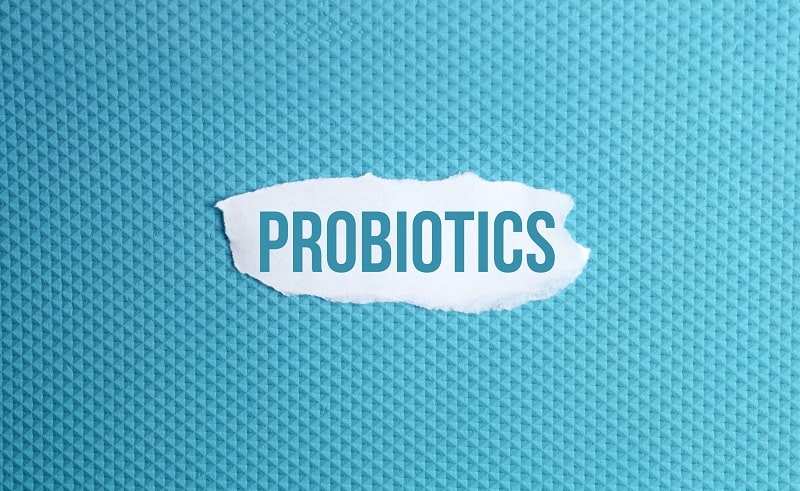Probiotics are live microorganisms that provide health benefits when consumed in adequate amounts. These beneficial bacteria are commonly found in fermented foods like yogurt, kefir, sauerkraut, and kimchi. Probiotics are also available as supplements and are known for their positive effects on gut health.
Historical Context
The history of probiotics dates back to ancient civilizations, where fermented foods and beverages were consumed for their potential health benefits. The modern understanding of probiotics and their scientific exploration began in the early 20th century.
Production and Sourcing
Probiotic supplements are produced through controlled fermentation processes, while food-based probiotics occur naturally during the fermentation of various foods. Probiotic strains can be sourced from dairy, plant-based sources, or specialized laboratories.
Applications
Probiotics are commonly used to promote gut health and digestive well-being. They are incorporated into various products, including:
- Yogurt: A well-known source of probiotics.
- Probiotic Supplements: Capsules, tablets, or powders.
- Fermented Foods: Sauerkraut, kimchi, kefir, and kombucha.
Regulatory Framework
Probiotic supplements and food products are subject to regulatory oversight to ensure quality and safety. Health authorities provide guidelines for labeling and product claims.
Consumer Concerns
Consumer concerns often revolve around the efficacy of probiotic products, storage requirements to maintain live cultures, and potential side effects, especially in individuals with compromised immune systems.
Health and Safety
Probiotics are generally considered safe for most individuals. They play a crucial role in maintaining a balanced gut microbiome, essential for digestion and immune function. However, individuals with weakened immune systems or underlying health conditions should consult a healthcare professional before taking probiotic supplements.
Applicable Products
Probiotics are found in a variety of foods like yogurt, kefir, fermented vegetables, and certain cheeses. Additionally, probiotic supplements offer a convenient option for those seeking to increase their probiotic intake.
Alternatives
Prebiotics, which are non-digestible fibers that promote the growth of beneficial gut bacteria, serve as an alternative approach to support gut health.
Scientific Research
Extensive scientific research has explored the potential health benefits of probiotics, focusing on gut health, immune function, mental well-being, and skin health. Ongoing studies aim to uncover the full extent of probiotics’ impact on overall health.
Chemical Properties
Probiotics are living microorganisms, primarily bacteria (such as Lactobacillus and Bifidobacterium) and some yeast strains. Their effectiveness is closely linked to their ability to colonize the gut and interact with existing microbiota.
Case Studies
Case studies in the field of probiotics often examine their role in specific health conditions, such as irritable bowel syndrome (IBS), inflammatory bowel disease (IBD), and allergies.
Future Trends
Future trends in probiotics may involve personalized probiotic therapies, innovative delivery methods, and a deeper understanding of their impact on various aspects of health.
Opinions
Opinions on probiotics vary, with many health experts emphasizing their potential benefits for gut health and beyond. As with any supplement, individual responses to probiotics may differ.
Warnings
While probiotics are generally safe, individuals with weakened immune systems or serious health conditions should consult a healthcare professional before taking probiotic supplements.
Synonyms
Probiotics are also known as beneficial bacteria, live cultures, and friendly bacteria.
Conclusion
Probiotics offer a natural way to support gut health and overall well-being. As ongoing research expands our understanding of their benefits, probiotics continue to play a significant role in maintaining a balanced gut microbiome and promoting digestive health.







